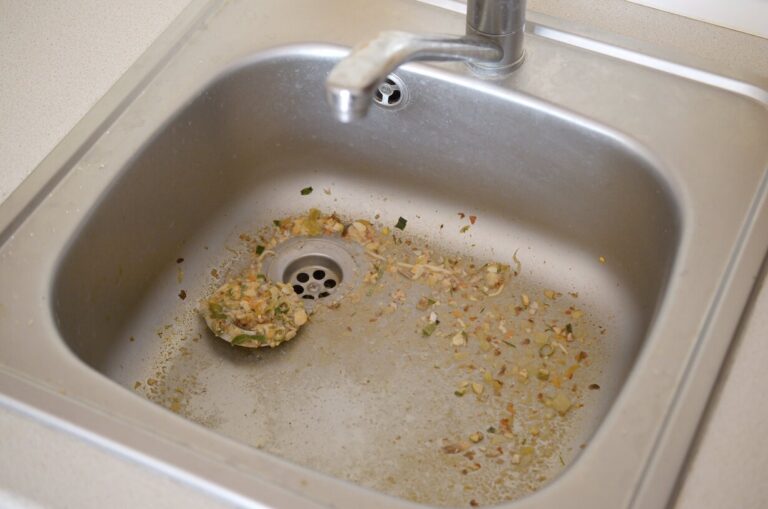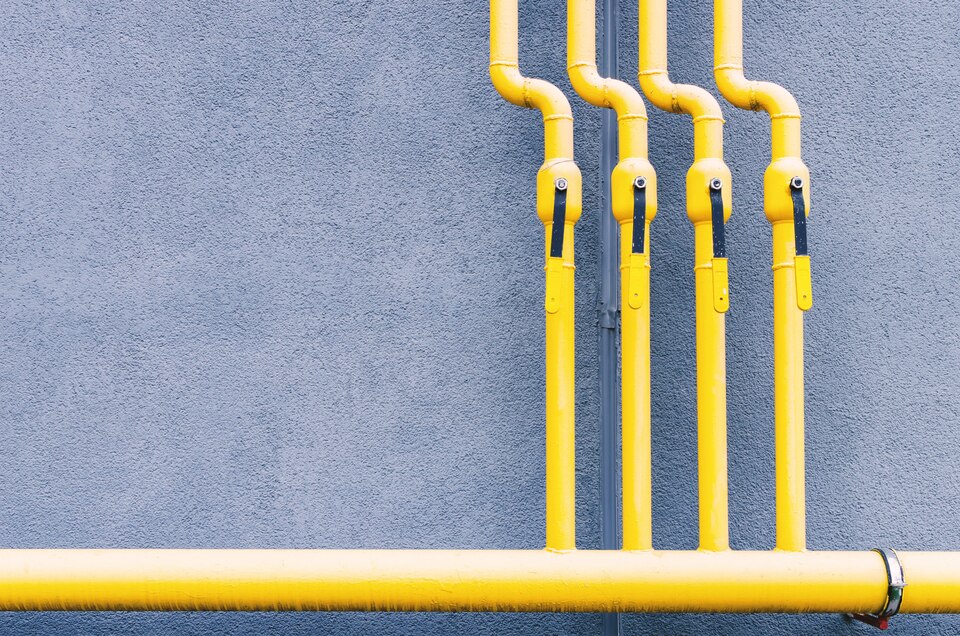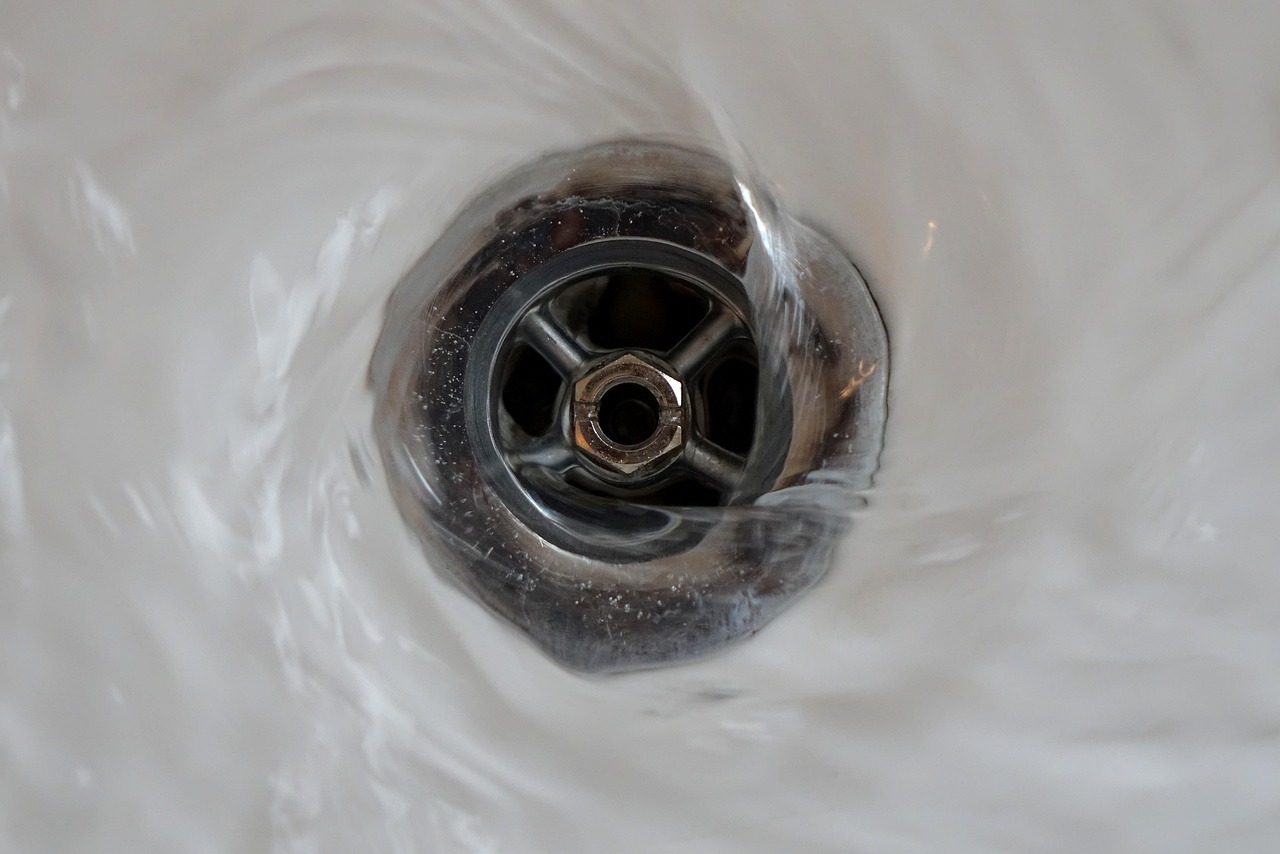A garbage disposal is a valuable appliance in any kitchen, helping to manage food waste efficiently. However, like all appliances, it can encounter problems that disrupt its functionality. Understanding how to troubleshoot common issues can save you time and prevent the need for extensive repairs.
Common Problems with Garbage Disposals in Norwalk, CA
Garbage disposals can experience a variety of problems, many of which can disrupt their normal operation. Here are some common issues you might encounter:
1. Clogs: One of the most frequent problems is clogging. Food particles, grease, and other debris can accumulate in the disposal, causing it to block and prevent proper drainage.
2. Jamming: Hard objects, such as bones or non-food items, can cause the disposal to jam. When this happens, the unit may make a humming noise but fail to grind the waste.
3. Leaks: Leaks can occur from different parts of the garbage disposal, such as the sink flange, dishwasher connection, or the bottom of the unit. These leaks can lead to water damage if not addressed promptly.
4. Strange Noises: If your garbage disposal is making grinding, rattling, or other unusual noises, this could indicate that foreign objects are trapped inside or that the internal components are damaged.
5. Foul Odors: Over time, food particles can get stuck in the disposal and begin to decompose, causing unpleasant odors. This can make your kitchen smell bad and affect overall hygiene.
6. Failure to Turn On: Sometimes, the garbage disposal may not turn on at all. This could be due to electrical issues, a tripped reset button, or a malfunctioning motor.
Understanding these common problems can help you identify what might be wrong with your garbage disposal and take the necessary steps to fix it.
DIY Troubleshooting Tips for Garbage Disposals
Before calling our professionals, there are several DIY troubleshooting steps you can take to address common garbage disposal problems. Here are some effective techniques:
1. Reset the Disposal: If your garbage disposal is not working, try pressing the reset button located on the bottom or side of the unit. This can often resolve minor electrical issues.
2. Clear Jams: To clear a jam, turn off the power to the disposal and use a hex wrench to manually turn the motor shaft from the bottom of the unit. This can help dislodge any stuck objects. Avoid using your hands to remove debris from inside the disposal.
3. Unclog the Drain: Pour a mixture of baking soda and vinegar into the drain, followed by hot water. This can help dissolve grease and other buildup that might be causing a clog. For more stubborn clogs, use a plunger or plumber’s snake to clear the blockage.
4. Remove Foreign Objects: If you hear strange noises, turn off the disposal and inspect it for any foreign objects. Use tongs or pliers to remove them safely. Avoid using your fingers to prevent injury.
5. Clean the Disposal: To eliminate foul odors, grind up citrus peels or freeze vinegar in ice cube trays and run them through the disposal. These methods can help clean the blades and remove trapped food particles.
6. Check for Leaks: Inspect the connections and seals around the disposal for any signs of leaks. Tighten any loose fittings and replace damaged gaskets to prevent further water damage.
By following these DIY troubleshooting tips, you can often resolve minor issues with your garbage disposal and keep it running smoothly.
When to Call Our Professionals for Garbage Disposal Repair
While DIY troubleshooting can resolve many minor issues, some problems require professional intervention. Knowing when to call our professionals for garbage disposal repair is crucial to avoid further damage.
Persistent Clogs or Jams: If you’ve tried clearing clogs and jams but the problems persist, it’s time to call our professionals. Persistent blockages may indicate a deeper issue within the plumbing system that requires specialized tools and expertise.
Electrical Issues: If your garbage disposal is not turning on after pressing the reset button, or if you experience frequent tripped circuits, you may have an electrical problem. Our technicians are equipped to handle such issues safely and effectively, preventing potential hazards or damage.
Unusual Noises: Grinding or rattling noises can be signs of significant problems, such as broken components or foreign objects lodged in the unit. If you’ve checked for obvious blockages and the noises continue, our professionals can diagnose and fix the cause.
Leaks: Leaks can lead to water damage and mold growth if left unattended. Identifying the source of a leak can be challenging. Our experts can locate and repair leaks to prevent extensive damage to your home.
Complete Failure: If your garbage disposal stops working entirely and you’ve tried all basic troubleshooting steps, it’s likely to need professional repair or replacement. Our technicians can assess whether a repair is feasible or if a new unit is necessary.
Recognizing these signs ensures you call our professionals at the right time, maintaining the efficiency and safety of your garbage disposal.
Preventive Maintenance Tips for Your Garbage Disposal
Regular maintenance is essential to keep your garbage disposal running smoothly and extend its lifespan. Here are some preventive maintenance tips you can follow:
Use Cold Water: Always run cold water while operating the disposal and for a few seconds after turning it off. Cold water helps solidify any fats and oils, making them easier to chop and flush through the system.
Avoid Hard or Fibrous Foods: Refrain from putting hard items like bones or fibrous vegetables like celery into the disposal. These can dull the blades or cause jams. Stick to softer food waste that the disposal can process easily.
Clean Regularly: To keep your disposal clean, grind up some ice cubes and citrus peels periodically. The ice helps sharpen the blades, while the citrus peels freshen up the disposal, removing any lingering odors.
Avoid Harsh Chemicals: Do not use harsh chemical drain cleaners on your garbage disposal. They can damage the unit and pipes. Instead, use natural cleaners like baking soda and vinegar to maintain cleanliness safely.
Run the Disposal Regularly: Even if you don’t have much waste to dispose of, run the unit periodically with water. This prevents rust and corrosion while ensuring that all parts remain in good working condition.
Inspect for Leaks: Regularly check the disposal and surrounding plumbing for any signs of leaks. Addressing leaks early can prevent more severe water damage and maintain the functionality of your disposal.
By following these preventive maintenance tips, you can keep your garbage disposal in top shape and ensure it operates efficiently for years to come.
Conclusion
Ensuring your garbage disposal operates effectively requires a mix of troubleshooting, maintenance, and knowing when to call in professionals. By understanding common problems and employing DIY solutions, you can handle minor issues swiftly. Regular preventive maintenance is key to extending the lifespan of your disposal and maintaining its efficiency.
However, some issues necessitate expert intervention to prevent potential hazards and costly damage. Recognizing when to call our professionals can save you from stressful breakdowns and ensure your garbage disposal remains in optimal condition.
Power Pro Plumbing Heating & Air is here to assist with any garbage disposal repairs in Norwalk, CA. Our team of experienced technicians is ready to provide reliable and efficient service. Contact us today for professional assistance and keep your garbage disposal running smoothly.











